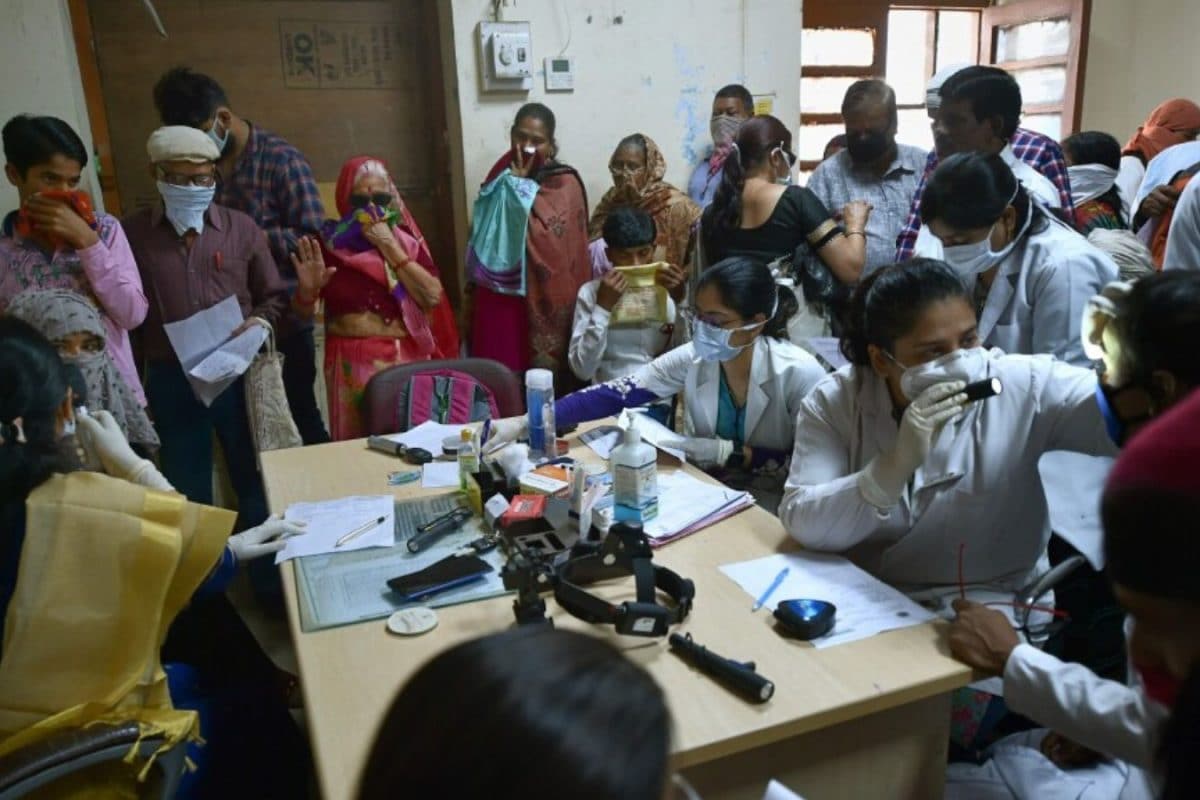

The COVID-19 pandemic has been a persistent concern globally, with new variants and surges causing intermittent anxieties. Recently, renewed attention has been drawn to potential future waves, prompting questions about the need for worry and preparedness. Here's a breakdown of what experts at IIT-Kanpur have said and what it means for the current situation.
IIT-Kanpur's Predictions: A Look Back
It's important to note that previous forecasts from IIT-Kanpur regarding COVID-19 waves have generated both interest and debate. Back in early 2022, a study by researchers at IIT-Kanpur predicted a fourth wave of COVID-19 in India, potentially starting around June 22, 2022, and peaking in August. This prediction, based on statistical modeling, suggested that the wave could last for approximately four months. The study considered factors like the emergence of new variants and the vaccination status across the country.
However, it's crucial to acknowledge that these predictions were met with skepticism from some scientists. Some experts suggested that such long-term forecasts are essentially "guesswork" due to the inherent complexities of pandemic dynamics. Factors such as vaccination rates, natural immunity, and the unpredictable nature of viral mutations make accurate long-term predictions challenging.
Current Perspectives and Key Considerations
While specific, recent predictions from IIT-Kanpur regarding new COVID-19 "scares" are not readily available, it is essential to consider the overall context:
Expert Opinions and Reassurance
In the past, experts have emphasized that even if new waves occur, the consequences in terms of hospitalization and deaths should be manageable, unless a drastically different variant emerges. They also point out that a large proportion of the population has been vaccinated and/or has had a natural infection, providing a degree of immunity. Some experts have even suggested that future surges may be more akin to "ripples" than full-blown waves, and that COVID-19 may eventually become similar to the common flu.
The Importance of Vigilance, Not Panic
Given the dynamic nature of the virus, vigilance remains crucial. Continuous monitoring of cases, early detection of new variants through genomic sequencing, and robust surveillance systems are all essential. However, it's equally important to avoid panic. Staying informed through reliable sources, following public health guidelines, and maintaining a balanced perspective are key to navigating the ongoing presence of COVID-19.
In Conclusion
While it's natural to feel concerned about potential new COVID-19 "scares," it's important to rely on the most up-to-date information and expert opinions. IIT-Kanpur's studies, while valuable, should be viewed within the broader context of scientific understanding and ongoing developments. Vigilance and preparedness are important, but so is avoiding unnecessary anxiety.